After disappearing Uighurs, Beijing tries to vanish UN report
China’s propaganda machine attempts to silence the work of human rights chief and former Chilean leader Michelle Bachelet.
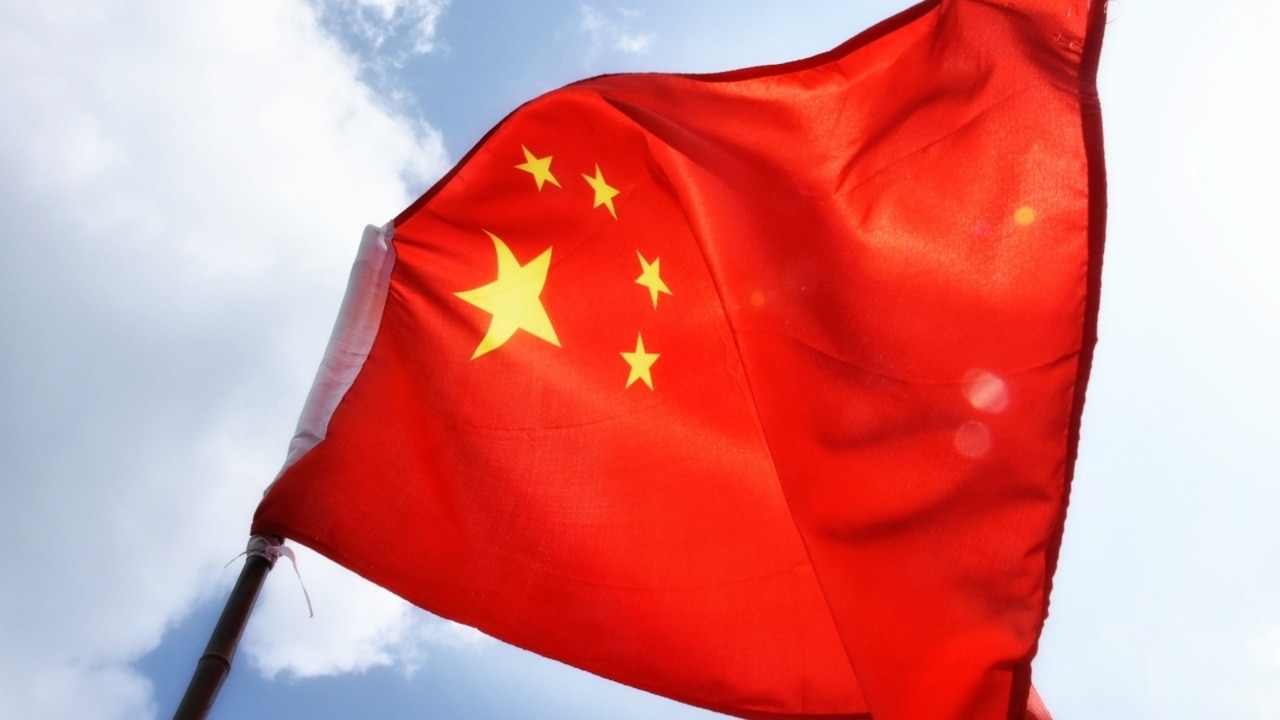
Beijing has tried to “disappear” a damning United Nations report into human rights abuses in Xinjiang, which has triggered international condemnation of brutal policies overseen by China’s leader Xi Jinping.
The silencing comes after Beijing failed to stop the report’s lead author Michelle Bachelet, the former President of Chile, from releasing the UN’s 48-page documentation of systematic violations of Uighur and other minorities in China’s west.
Beijing’s internationally facing mouthpieces have denounced the UN High Commissioner for Human Rights.
“This so-called assessment is orchestrated and produced by the US and some Western forces and is completely illegal, null and void,” fumed China’s Foreign Ministry spokesman Wang Wenbin.
“It is a patchwork of disinformation that serves as a political tool for the US and some Western forces to strategically use Xinjiang to contain China.”
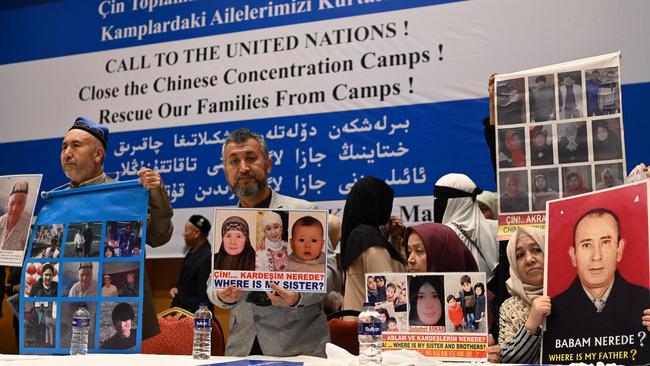
China’s English-language state media, the China Daily and Global Times, each carried a single new story, repeating Chinese foreign ministry spokesman’s comments.
But there has been almost no coverage by Beijing’s Chinese language media. A search by The Australian on Baidu – the biggest search engine for China’s censored internet – turned up a single mention of the report.
The top results for a search on Xinjiang were stories about 34 new Covid cases and tech park development. A search on the United Nations produced news stories on human rights abuses in America and China’s good work in Africa.
Underlining the extreme sensitivity of the UN’s criticism, the only mention of the published report came in a search of Ms Bachelet’s name in Chinese. The single mention was a social media post by a junior international relations academic at Hubei’s Central China Normal University, who wrote that the two-time Chilean president – and long time human rights champion – had been manipulated by “Western countries with bad intentions”.
Ms Bachelet, whose dramatic four-year term in the UN’s top human rights post ended this week, 13 minutes before she released the report, visited China for six days in May.
That trip included a meeting with President Xi over video, which was widely promoted in China.
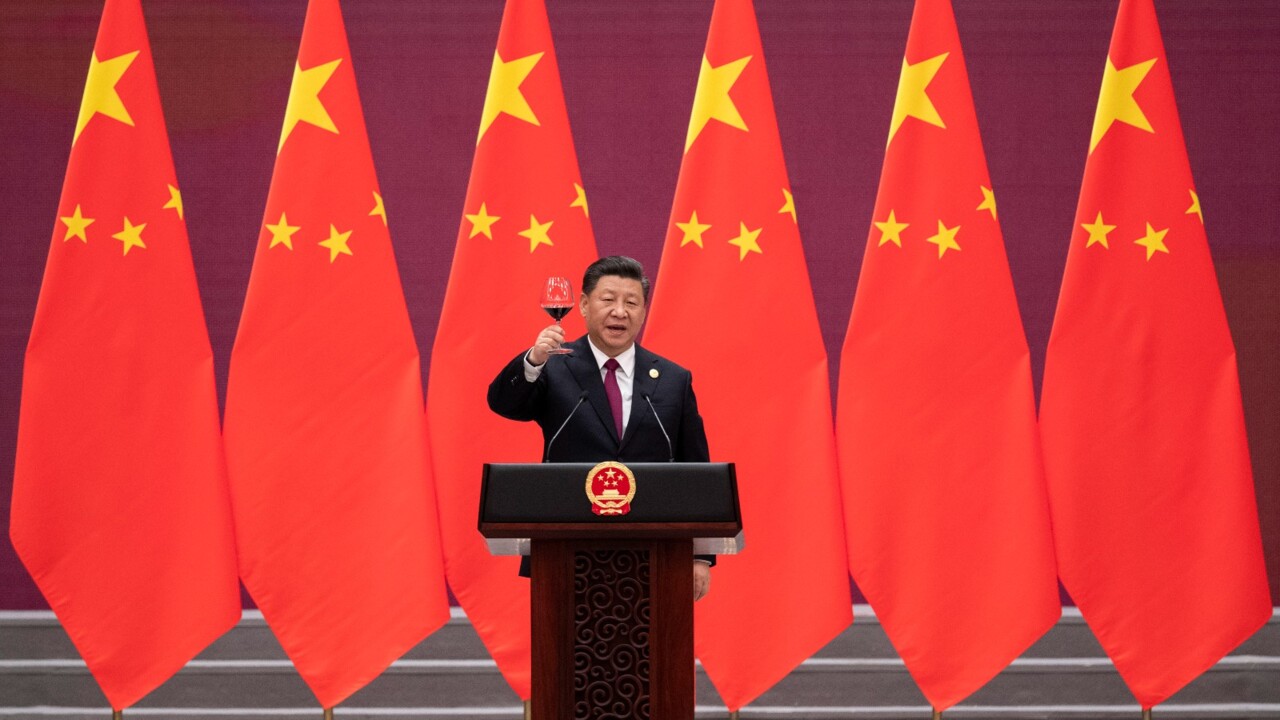
China’s leader told Ms Bachelet about his theory of human rights.
“Deviating from reality and copying wholesale the institutional model of other countries will not only fit badly with the local conditions, but also bring disastrous consequences,” Mr Xi said.
The tour that Ms Bachelet and her team later took to Xinjiang was highly constrictive, with every minute supervised.
Courtney Fung, a nonresident fellow at the Lowy Institute, said China had gone to great lengths to manage Ms Bachelet’s UN report: downgrading the scope of her visit to China, curating opportunities for Ms Bachelet to endorse the Chinese government’s human rights narratives, and delaying the report by a year before trying to suppress it.
“China has turned out to be a formidable player in this regard, indicating its sensitivities to escalation in criticism or international pressure on human rights conditions in Xinjiang,” said Ms Fung, an expert on China in the UN at Macquarie University.
The report was released during a politically sensitive time for Beijing. In less than seven weeks, Mr Xi is scheduled to get an unprecedented third, five-year term as leader at a Communist Party conclave.
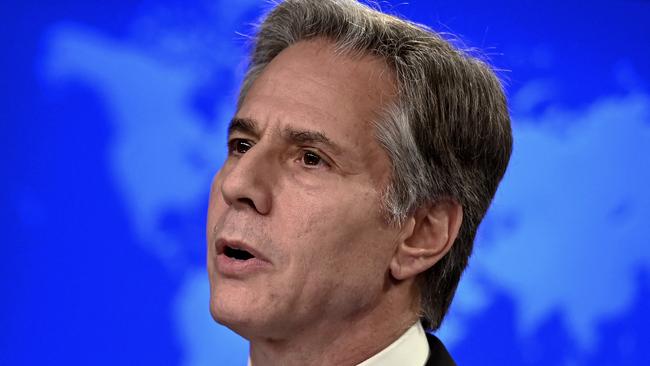
An international chorus has called on Beijing to follow Ms Bachelet’s recommendations, which include releasing all people arbitrarily detained in Xinjiang, clarifying the whereabouts of family members reported missing and co-operating with the UN’s International Labour Organisation to make sure there is no forced labour.
US Secretary of State Antony Blinken said the report authoritatively described China‘s “appalling treatment” of ethnic and religious minority groups.
“This report deepens and reaffirms our grave concern regarding the ongoing genocide and crimes against humanity that PRC (People’s Republic of China) government authorities are perpetrating against Uyghurs, who are predominantly Muslim, and members of other ethnic and religious minority groups in Xinjiang,” Mr Blinken said.
Australia’s Foreign Minister Penny Wong, UN Secretary-General Antonio Guterres, the European Union, the United States, Japan, New Zealand, the United Kingdom and Taiwan also called on China to address the concerns raised in the report.


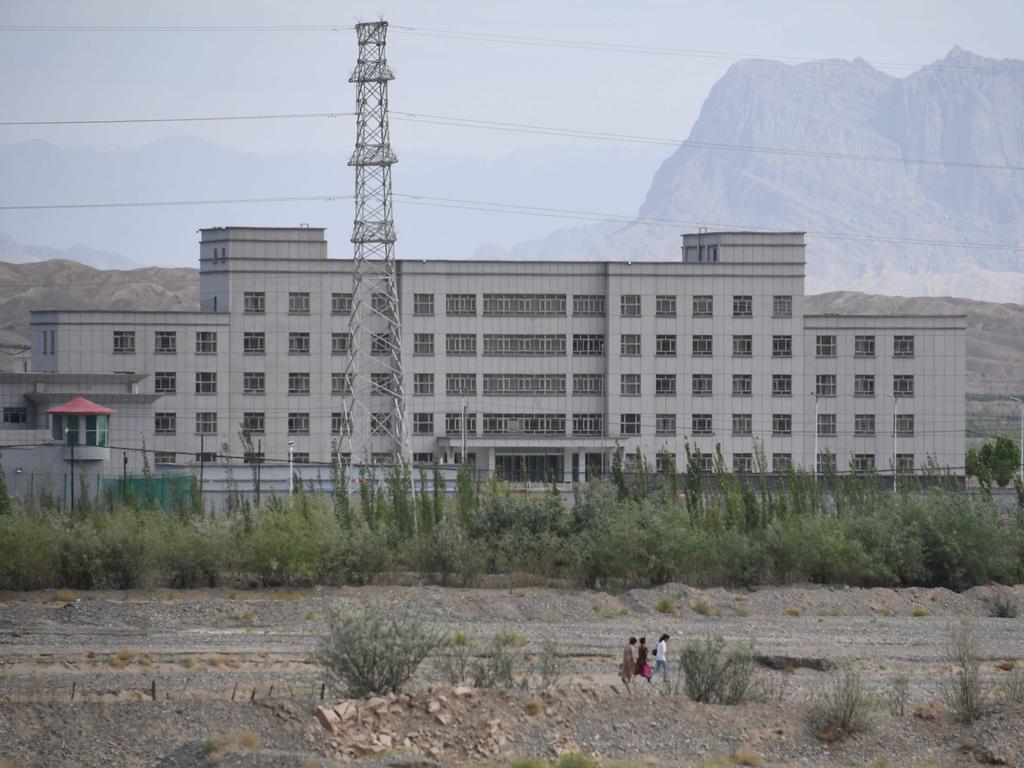




To join the conversation, please log in. Don't have an account? Register
Join the conversation, you are commenting as Logout